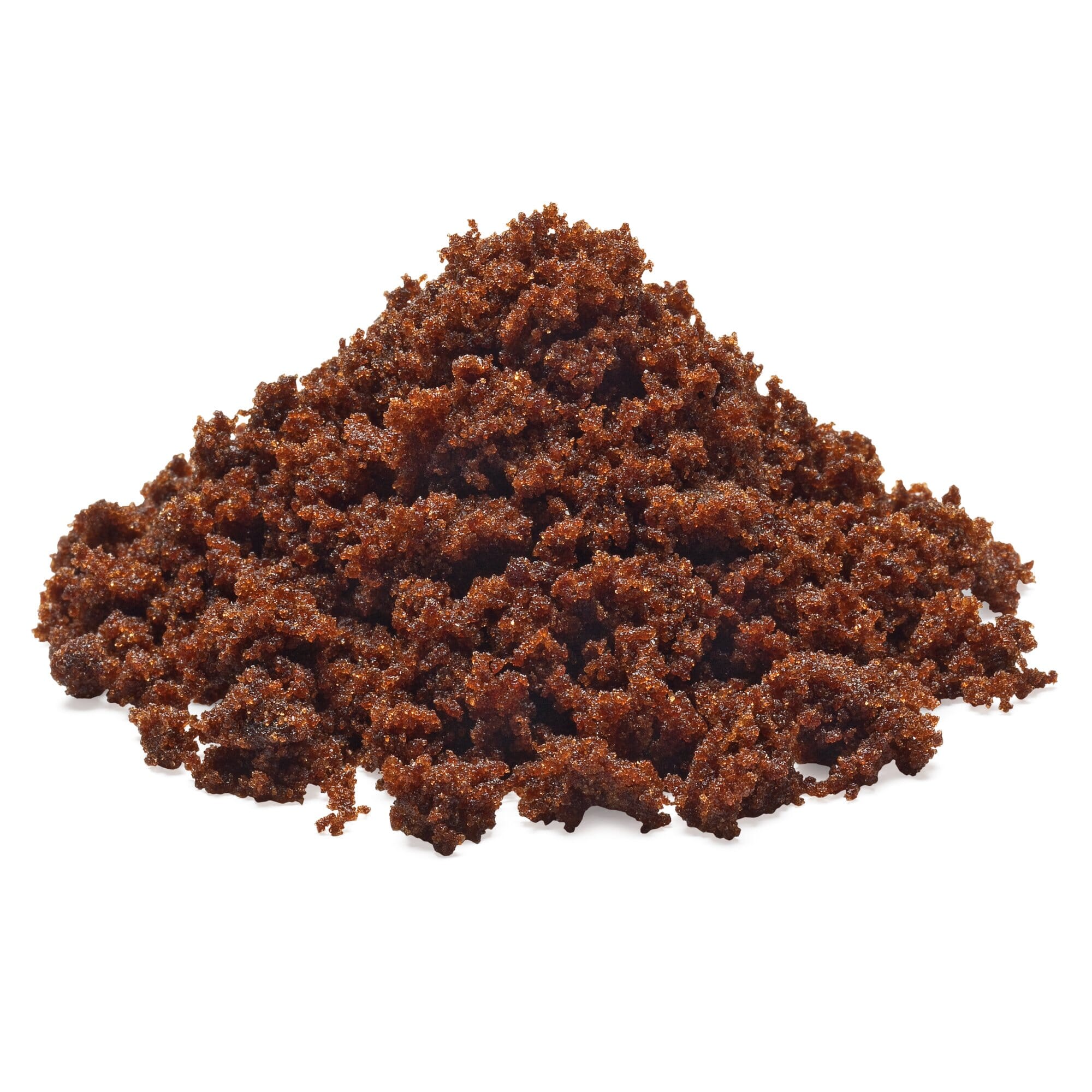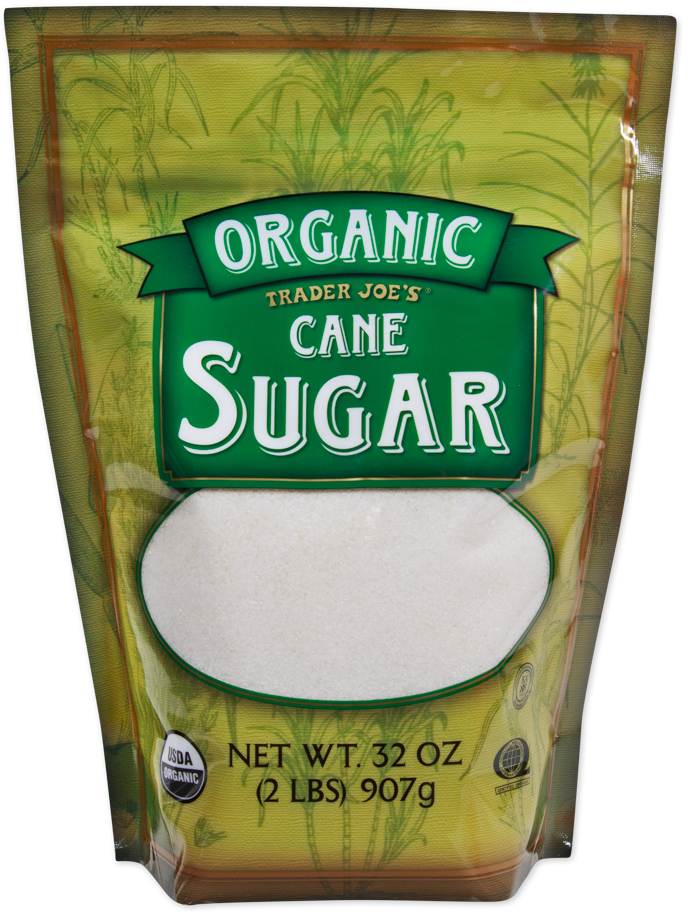A Detailed Summary of the Health And Wellness and Economic Ramifications of Walking Stick Sugar Handling on Local Areas
Walking stick sugar handling plays a crucial role in forming the financial landscape of regional communities, supplying work opportunities and promoting ancillary markets. The health and wellness implications associated with high sugar intake can not be ignored, as they add to rising rates of weight problems and diabetic issues.
Economic Benefits of Walking Cane Sugar Processing
Cane sugar processing offers substantial economic benefits that prolong beyond the prompt farming market. The growing and handling of sugarcane create various work possibilities, from farming to manufacturing and circulation. This work generation not only supports regional economies yet likewise fosters community development by providing secure revenue resources for family members.
Furthermore, the sugar sector boosts supplementary organizations, including transportation, tools supply, and product packaging services (Cane Sugar Processing). As these markets expand, they add to an extra durable economic framework, enhancing overall area durability. The export potential of refined cane sugar additionally intensifies financial advantages, placing regions as affordable gamers in international markets
Investment in contemporary processing facilities can result in increased productivity and performance, consequently decreasing waste and optimizing resource use. This shift not just profits the local economy however also supports sustainability initiatives by lessening environmental influences.
Moreover, the earnings produced from walking stick sugar handling can be reinvested in local infrastructure, education and learning, and healthcare, promoting all natural area development. On the whole, the financial benefits of cane sugar processing are complex, offering a structure for withstanding success in agricultural regions.
Health Dangers Linked With Sugar Intake
Excessive sugar intake postures significant health and wellness dangers that warrant serious attention. High consumption of sugarcoated, particularly from processed foods and beverages, has actually been linked to various wellness issues. One of the most pressing worries is weight problems, as sweet diet plans add to a boosted caloric consumption without giving vital nutrients. This unwanted can lead to metabolic disorders, including type 2 diabetes mellitus, which has actually become progressively common in both kids and grownups - Cane Sugar Processing.
Additionally, high sugar intake is connected with cardiovascular condition. Elevated blood sugar degrees can lead to insulin resistance, a forerunner to various heart-related concerns. Furthermore, sugar can have detrimental results on dental health, causing dental caries and gum disease, as microorganisms in the mouth thrive on sugar, creating acids that wear down tooth enamel.
In addition, emerging study recommends a potential web link between high sugar intake and mental wellness conditions, such as depression and anxiety. As neighborhoods face these wellness risks, it ends up being necessary to promote recognition and encourage healthier dietary options. Attending to sugar usage is crucial not just for private wellness yet likewise for the overall health of local neighborhoods, highlighting the requirement for detailed public wellness methods.
Environmental Impacts of Sugar Production
Regularly overlooked in discussions about sugar's implications is the substantial ecological influence of sugar production. The cultivation of sugarcane frequently requires comprehensive land usage, bring about logging, loss of biodiversity, and disruption of neighborhood ecological communities. The conversion of woodlands and wetlands into sugar vineyards can cause environment destruction, threatening numerous species and modifying environmental balance.
Furthermore, sugar production is resource-intensive, consuming significant quantities of water for watering. This can result in deficiency of local water resources, negatively influencing both agricultural techniques visit this site and community access to clean water. In addition, the use of chemical plant foods and chemicals in sugarcane farming can add to dirt destruction and water contamination, as runoff from these chemicals enters nearby rivers and lakes, affecting marine life and human health.
The environmental footprint reaches the handling stage, where energy usage and waste generation further aggravate eco-friendly concerns. Air air pollution from melting sugarcane areas, along with greenhouse gas exhausts, contribute to environment change. As such, the ecological ramifications of sugar manufacturing warrant significant consideration, advising stakeholders to embrace even more lasting techniques to minimize these adverse results on local ecological communities and areas.
Work Creation and Area Advancement
The ecological challenges positioned by sugar production are commonly reversed by its capacity look at this website for economic benefits, especially in task creation and neighborhood growth. The walking cane sugar market offers as a significant source of employment in many backwoods, supplying work across different ability levels, from farming labor to handling and circulation functions. This work not only supports private households yet also contributes to the general economic vitality of regional neighborhoods.
In addition, the establishment of sugar processing centers promotes supplementary services, such as transport solutions, equipment supply, and upkeep providers. As these organizations flourish, they develop extra work and reinforce regional economic climates. The profits created from the sugar market additionally results in increased tax obligation revenues, which can be reinvested right into social work such as infrastructure, health care, and education growth.
Additionally, the sugar market frequently participates in neighborhood development initiatives, such as supporting regional institutions and health programs, thus improving the lifestyle for homeowners. By fostering solid area connections and advertising economic growth, the walking stick sugar handling sector plays an essential role in uplifting local populations, making it an important part of sustainable growth approaches in sugar-producing regions.
Balancing Health and Economic Growth
In browsing the intricacies of cane sugar handling, a crucial obstacle lies in stabilizing health considerations with financial development. The sugar industry considerably adds to neighborhood economic situations by producing work, stimulating related fields, and enhancing tax revenues. Nevertheless, the health effects linked with too much sugar intake can lead to chronic illness such as weight problems, diabetes, and cardio concerns, which can problem public wellness systems and diminish labor force productivity.

Additionally, regulative structures can play a crucial role in leading market practices in the direction of more lasting and health-conscious approaches. By cultivating collaboration between federal government bodies, wellness companies, and the sugar sector, communities can navigate the duality of health and wellness and financial development, making sure that the benefits of cane sugar handling are equitably shared while prioritizing see post public wellness.
Verdict
Finally, the handling of walking stick sugar offers both significant economic advantages and noteworthy wellness dangers for neighborhood communities. While it promotes task development and boosts local development, the affiliated health and wellness worries, especially concerning excessive weight and diabetes, require a careful harmonizing act. By advertising responsible consumption and investing in community education and sustainable practices, it is feasible to maximize financial advantages while lessening adverse wellness results, consequently making sure a much healthier future for local populaces.
In addition, sugar can have destructive effects on dental health, resulting in tooth cavities and gum tissue illness, as bacteria in the mouth grow on sugar, producing acids that erode tooth enamel.
Dealing with sugar intake is crucial not only for specific health and wellness but likewise for the general health of neighborhood neighborhoods, stressing the need for detailed public health strategies.
Often ignored in discussions regarding sugar's effects is the substantial ecological influence of sugar production. The health and wellness ramifications connected with too much sugar intake can lead to chronic diseases such as weight problems, diabetes, and cardiovascular concerns, which can problem public health and wellness systems and decrease workforce performance.
